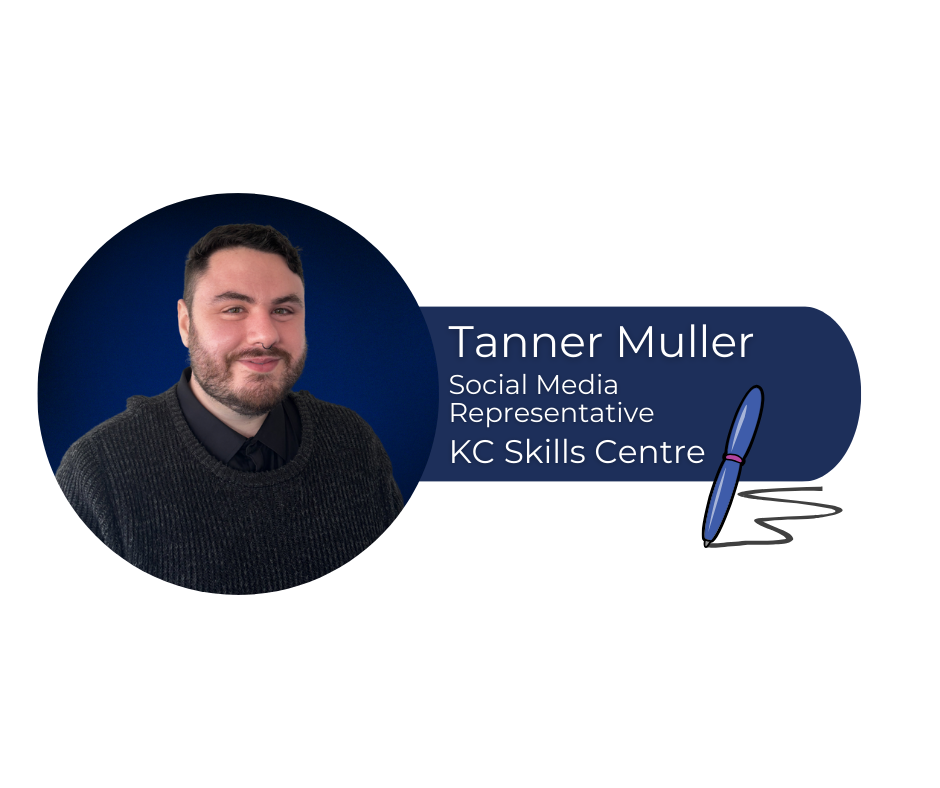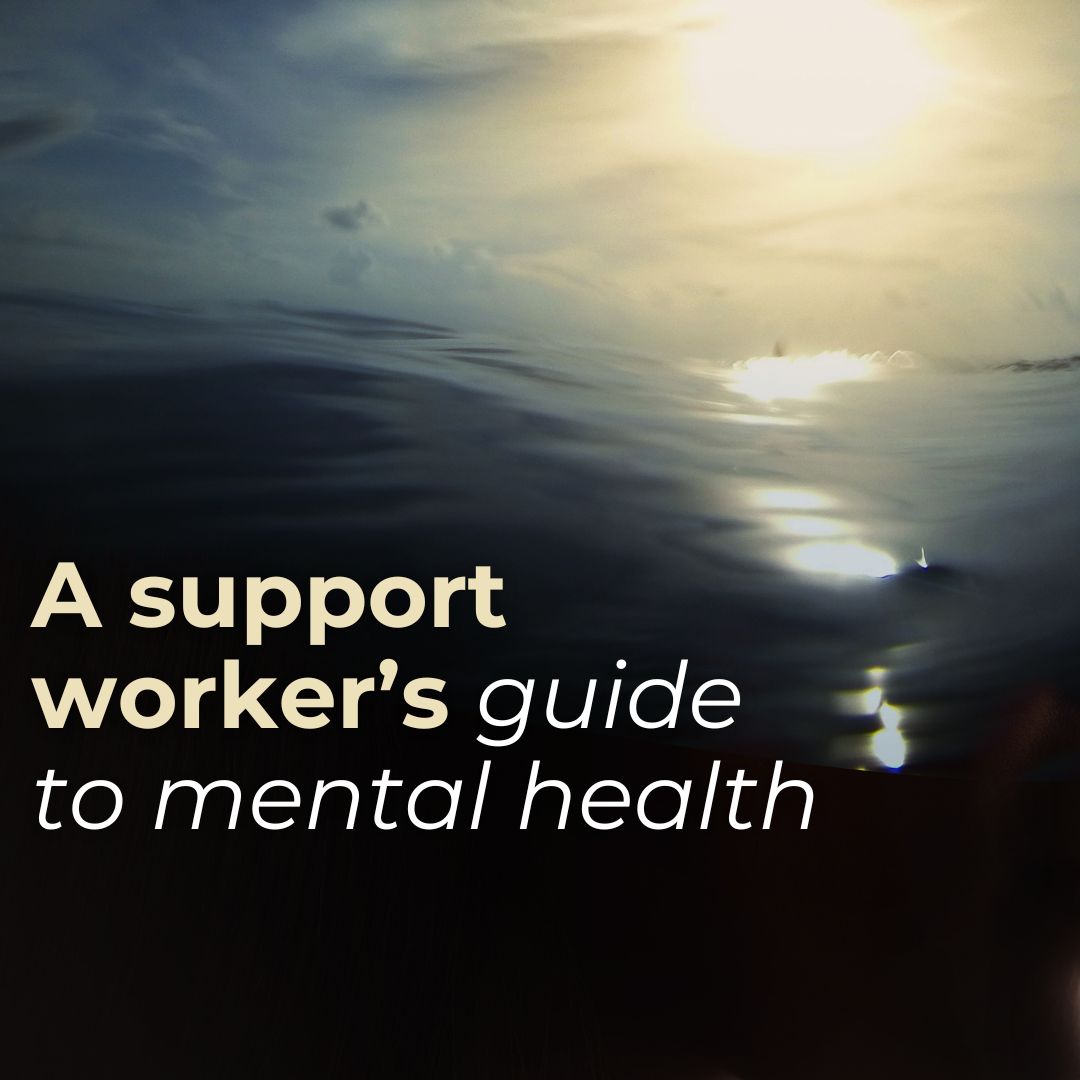In the healthcare industry, workers are well-acquainted to the emotional demands of supporting others. While the role can be deeply rewarding, it is essential to not overlook the importance of your mental health. If you are finding it increasingly difficult to maintain your emotional balance or resilience, it might be time to consider seeking professional guidance. Understanding the signs is one of the most crucial steps of taking action, and this article will help you identify key indicators that suggest it is time to reach out to someone.

Persistent fatigue or lack of energy
Feeling physically drained after a long shift is normal, but if you are constantly exhausted, or finding it difficult to recharge, this could indicate mental exhaustion. Anxiety, depression, or burnout can cause extreme fatigue, even if you are getting enough sleep. If you feel as though you are constantly running on empty, it is time to pay attention to your emotional state and consider whether professional guidance is necessary.
Difficulty concentrating or making decisions
Support workers are required to be sharp, quick-thinking, and detail orientated. However, if you are noticing that it is becoming harder to concentrate or make decisions—even on simple tasks—it could be a sign that stress is taking its toll. This can have an impact on cognitive functions, leading to confusion, forgetfulness, and poor decision-making.
Overwhelming feelings or burnout
The demands of the healthcare industry often require workers to manage multiple tasks, all while enduring long, strenuous hours that can push you to the limit. If you begin to feel consistently overwhelmed, emotionally drained, or disconnected from your work, it may signal a deeper issue. These feelings can impact your ability to provide quality care and lead to negative emotions like frustration, helplessness, and a loss of passion.

Changes in sleep patterns
Your sleep cycle is closely linked to your mental state. If you are struggling to fall asleep, or find yourself sleeping excessively, it could be a sign of underlying mental health issues. Conditions like anxiety, depression, and stress are often major contributors to sleep disturbances. For support workers, getting adequate rest is essential – not only for physical health, but also for maintaining mental clarity and focus.
Social withdrawal or isolation
In the demanding field of healthcare, it is easy to become socially isolated, particularly if you are overwhelmed with work. However, if you find yourself withdrawing from friends, family, or colleagues, it could be a sign that you are struggling emotionally. Isolation can intensify feelings of loneliness and worsen mental health challenges. While support workers are accustomed to caring for others, it is equally important to give yourself the chance to connect and seek support for yourself when needed.
Physical symptoms of stress
Mental health issues can often manifest themselves through physical symptoms. Support workers, in particular, may experience frequent headaches, muscle tension, stomach problems, or other unexplained aches and pains. If these symptoms persist despite physical treatment (and are not directly linked to a chronic illness), it may be helpful to explore strategies for managing the underlying stress.

Increased use of substances (alcohol, drugs, medication)
Turning to substances is an unhealthy and dangerous coping mechanism that can significantly affect both your physical and mental health. Whether it is alcohol, prescription medication, or illicit drugs, substance use can quickly lead to dependency and further complicate your wellbeing. This reliance can have serious long-term consequences, both personally and professionally. If you find yourself depending on substances to get through shifts, manage stress, or navigate everyday life, it is crucial to seek professional help.
Negative thoughts or feelings of hopelessness
It is perfectly normal to feel down or stressed from time to time, but when these feelings persist or become more intense, it could indicate a deeper issue. Thoughts of hopelessness, or self-harm, are warning signs of underlying mental health issues. Recognising these emotions early is crucial and reaching out for support—whether from a professional, supervisor, or trusted colleague—can help you take the necessary steps towards healing.
Inability to find joy or satisfaction in your work
If you once found a sense of fulfillment in your role, but are now struggling to find satisfaction, this could a sign of declining mental health. These feelings often cloud your sense of purpose and diminish your ability to perform at your best. It is important to recognise these changes and take action to address them. Prioritising this not only helps you regain a sense of purpose, but also enables you to continue making a positive impact in your role.

If you have noticed any of these signs in yourself, it is crucial to acknowledge them and take appropriate action. Something important to remember is that seeking help is not a sign of weakness—it is a sign of strength and self-awareness. As a support worker, you are dedicated to supporting others, but it is equally important to prioritise your own wellbeing. By acknowledging the signs and taking proactive steps, you are not only caring for yourself, but also ensuring you are in the best position to continue assisting others.
At Skills Centre Australia, we recognise the unique challenges faced by those in the healthcare industry. If you are struggling, do not hesitate to reach out for support, as there many resources available. These include (but are not limited to):
- SA Health – Mental Health Services: Who provide a range of mental health support services, and offer resources on managing workplace stress, burnout, or trauma. They offer both in-person and phone consultations. Visit their website for more information: https://www.sahealth.sa.gov.au/
- Nurses and Midwives Support (NMS): A dedicated service that provides confidential 24/7 support to nurses and midwives in South Australia. They offer counselling, peer support, and practical assistance for managing stress, mental health challenges, and burnout specific to the support worker profession. Visit their website for more information: https://www.nmsupport.org.au/
- Preventative Health SA: Who provide a range of mental health services aimed at improving the wellbeing of individuals across various communities. They offer resources on managing stress, improving mental health, and preventing burnout. Visit their website for more information: https://www.preventivehealth.sa.gov.au/
- Lifeline: A 24/7 crisis support for those experiencing overwhelming feelings or stress. Their services include phone and online chat support, which is invaluable for those feeling isolated or in need or immediate help during or after work hours. Visit their website for more information: https://www.lifeline.org.au/

With that said, if you have a client who needs assistance with their mental health and you want to learn more, enrol in our ‘Caring for Mental Health’ course. This industry-recognised training is designed specifically for those who work in the healthcare industry, providing the skills and knowledge needed to provide effective support. Visit the course page on our website for more information: https://kcskillscentre.com.au/training/mental-health-training-kc-skills-centre/
If you, or someone you know, if struggling with their mental health and needs immediate support, please contact the Mental Health Triage Service on 13 14 65. They operate 24 hours a day, 7 days a week.


